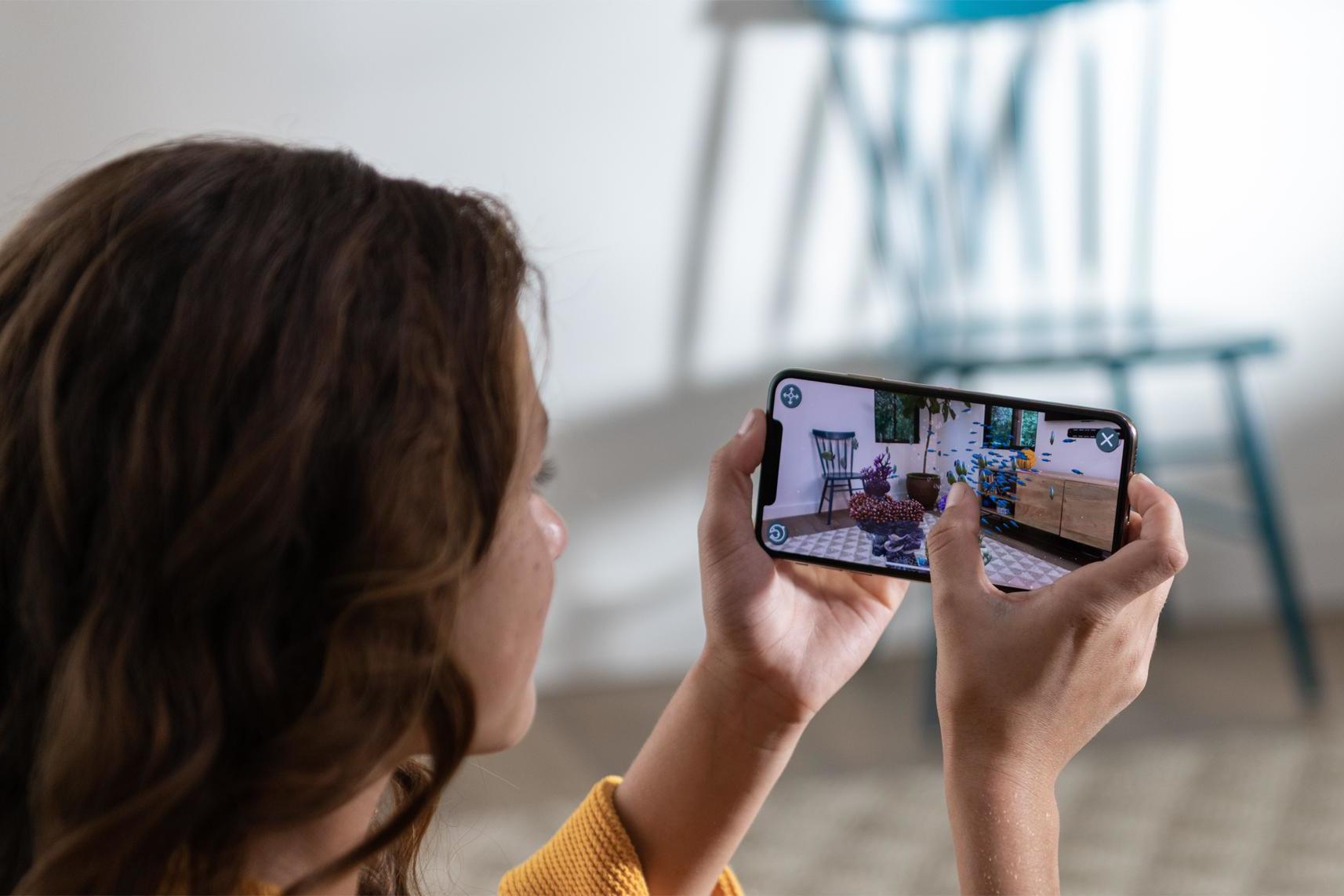Money-saving smart tech could be enabling smart domestic abuse
They help us cut costs, keep tabs on our spending and manage our money. But fears are growing that they’re also an abuser’s sharpest tool

“I was in a relationship for eight years that was physically and mentally abusive. I know that now.”
This woman doesn’t want to use her real name, so we’ll call her Melanie. She endured a lengthy marriage with an abusive man who used fast-developing technology to control and monitor her.
He hurt her, he would beat her on parts of the body where it would not show. He alienated her friends, he undermined her confidence. He also tracked her, constantly, using tech originally designed to help make her life easier.
“WhatsApp tells [contacts] when you’re online,” says Melanie. “There’s no way to remove that function, and if you go on for a split second then it shows you on for about 30 seconds. That’s difficult if someone is stalking you, because they think you’re online and [they] want to know what you’re doing.
“The other thing, that’s even more important, is the app Find My Friends. That app is automatically installed on iPhone now … It tells where you are, your exact location.”
The growing tech obsession with connecting everyone and everything has an admirable rationale. It can be extraordinarily convenient and can often save serious amounts of money.
Homes can be fitted with tech that reduces insurance premiums, alerting householders when the front door opens and streaming footage to their phones. Apps can monitor not just how much we spend, but break down what we spend it on. Smart thermostats allow householders to adjust the heating remotely. The internet of things creates many opportunities to save money.
However, as Melanie’s experience has shown, the creators of smart tech are just focused on driving new ways to connect. They are not considering whether it could be enabling “smart abuse”, or taking steps to mitigate it.
Raj Samani is chief scientist and fellow at McAfee. He also volunteers as the Cloud Security Alliance’s innovation officer and as internet security adviser to the European Cybercrime Centre. He is concerned about the level of surveillance people routinely hand partners via access to their tech.
“For the most part, smart home technology makes consumers’ lives easier and more enjoyable,” he says.
“However, as a growing amount of personal information is flowing to and from connected things, security and privacy is paramount. From mobile phones to digital assistants, games consoles to thermostats, connected devices can pose a risk and must be secured to avoid becoming a target.
“One thing people need to remember though: it is not just your stereotypical cybercriminal that could have the ability to exploit smart home technologies. Consumers often trust loved ones within their homes, meaning security can sometimes become an afterthought.
“Partners and ex-partners familiar with a user’s connected device set-up could have the ability to tap into smart home technology and use it to spy on or control them in a whole host of ways. Sadly we’re seeing more and more cases of it, where individuals use technology to manipulate or scare their current partner or exes.”
The rapidly developing issue of smart tech abuse has led to University College London beginning a study into abuse enabled by the internet of things. It has published a resource list for victims of technology-facilitated abuse, as well as for those working with such victims.
The university’s research notes growing awareness of online risks, via websites, but observes the growing interconnectivity of household appliances and security means risks of abuse are rapidly developing. And many of the gadgets and systems we bring into our homes to save money or reduce insurance premiums could enhance those risks.
“While many of these efforts are concerned with ‘conventional’ cyber risks, such as abuses on social media platforms and restrictions to devices such as laptops and phones, emerging internet of things technologies, such as smart meters, locks, and cameras, expand domestic violence victims’ risk trajectories further,” UCL researchers warn.
Charities supporting people who try to escape abusive relationships say they are increasingly aware of this risk developing into domestic control and abuse.
A spokesperson for Women’s Aid said: “It should come as no surprise that perpetrators of domestic violence are now routinely using technology to commit crimes against those they victimise. Domestic abuse has, at its root, a desire for control and to instil fear.
“The potential for technology to achieve both those objectives is clear. As new technologies emerge, so do new opportunities for control and domestic abuse.”
Perhaps legislation is already falling short, failing to ensure apps which track people include safety features. Technology that is already standard has insufficient safety mechanisms, let alone new developments, such as smart locks and cameras.
Melanie says: “There definitely needs to be more legislation to protect people. I just don’t think the government is taking it seriously enough at the moment, and I don’t think the tech companies are either. I don’t think they understand the concerns around privacy.
“Everyone is worried about targeted adverts and so on, but no one is worried about location-based tracking. And that’s really putting some people in danger.”
The freephone 24 hour National Domestic Violence Helpline, run by Women’s Aid and Refuge, is a national service for women experiencing domestic violence and for their family, friends, colleagues and others calling on their behalf. It can be reached on 0808 2000 247
Subscribe to Independent Premium to bookmark this article
Want to bookmark your favourite articles and stories to read or reference later? Start your Independent Premium subscription today.

Join our commenting forum
Join thought-provoking conversations, follow other Independent readers and see their replies